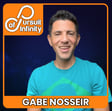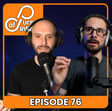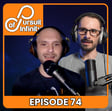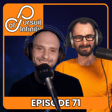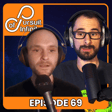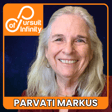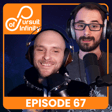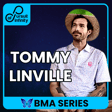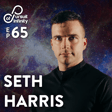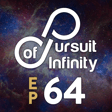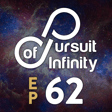
13. Psychedelic Therapy and Cannabis with Daniel McQueen
Daniel is a psychedelic specialist, who professionally holds space for psychedelic assisted therapy journeys. He specializes in harm reduction, transformational breathwork facilitation, ceremony and mindfulness coaching, Ketamine assisted therapy, and cannabis assisted therapy. Daniel wrote a wonderful book outlining the science, methods, and philosophy of deep psychedelic work using cannabis in a safe, contained space which is called Psychedelic Cannabis, and can be found anywhere you consume books.
Center for Medicinal Mindfulness
https://psychedelicsittersschool.org/
https://medicinalmindfulness.org/
- Page: https://www.facebook.com/MedicinalMindfulness/
- @medicinalmindfulness
- @centerforMM
Daniel McQueen
- Page: https://www.facebook.com/danielkmcqueen/
- @danielkmcqueen
- @DanielKMcQueen
_________________
Music By Nathan Willis RIP
Follow Pursuit Of Infinity:
www.PursuitOfInfinity.com
Discord: https://discord.io/pursuitofinfinity
YouTube: https://www.youtube.com/channel/UCPpwtLPMH5bjBTPMHSlYnwQ
Spotify: https://open.spotify.com/show/58he621hhQ7RkajcmFNffb
Apple Podcasts: https://podcasts.apple.com/ca/podcast/pursuit-of-infinity/id1605998093
Instagram: https://www.instagram.com/pursuitofinfinitypod/
Patreon: Patreon.com/PursuitOfInfinity



